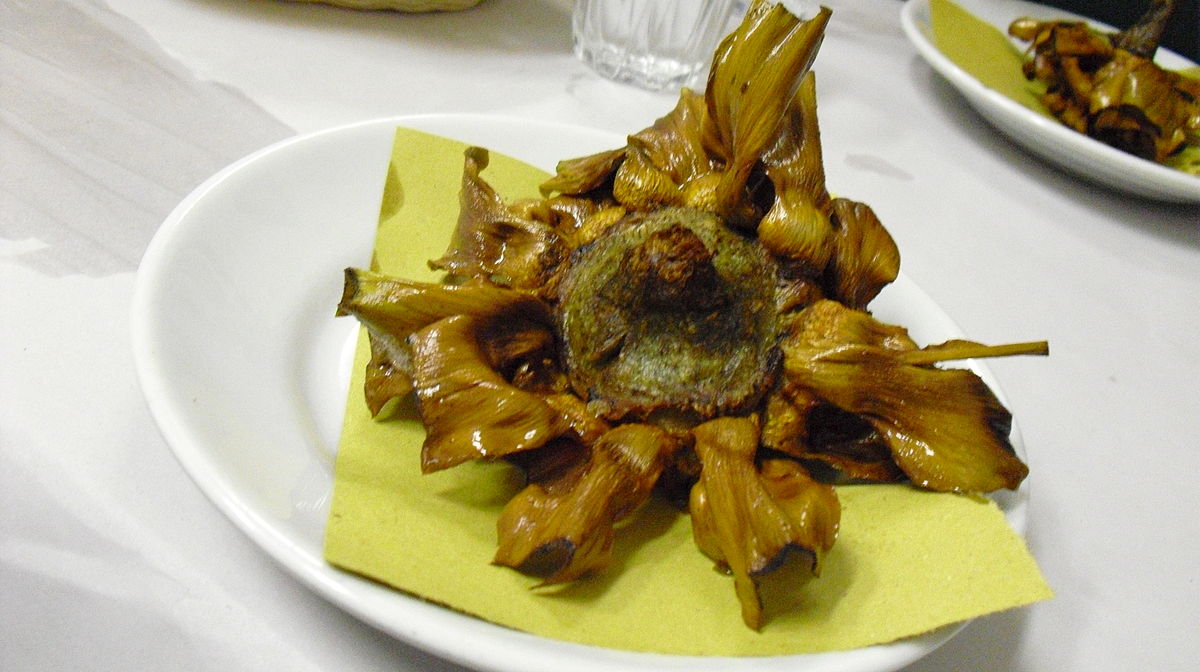It is that time, when the moon is as round as a wheel of Parmigiano Reggiano after the first northern equinox, the time for the 14th Nisan, first night of Passover.
The Pesach, Passover, is the Jewish celebration of the Exodus, the liberation of the Jews from Egyptian slavery after the implementation of the the Ten Plagues.
The Jewish community has long been a significant part of Italian heritage, as has been their celebration of this important holiday. Since the 2nd century BC, the Pesach tradition has been assimilated into the culture of Italian Jews and traditionally, Passover festivities, when in Italy, includes religious ritual, family get-togethers, and of course… food! Through the years, the Italian Jewish community, has developed its own unique style and habit in preparing Pesach dishes. Read on to discover which delicious delicacies the Jewish community in Italy enjoys during Passover.
Italian Passover Seder
Even thought the basic ritual tradition of Passover Seder remains the same, such as drinking four cups of wine, eating matza, the unleavened bread, and reclining in commemoration of freedom, a little Italian influence could be recognized. Here the six traditional items on the Seder with an Italian style:
- Maror and chazeret – bitter herbs, symbol of the bitterness of the Egyptian slavery.
- Haroset all’italiana – a paste-like mixture of ground dates, oranges, raisins and figs, which substitutes the traditional Charoset, a brown compound that stands for the mortar used by the Jewish slaves to build pyramids.
- Carciofi alla Giudia – Jewish style artichokes, deeply fried artichoke, specialty of the Roman Ghetto, as a replacement of the Karpas.
- Marzoh Lasagna (Mazzagne) – prepared with vegetables, matzot, and lamb meat, which traditionally constitutes the Z’roa. This is the only element of meat on the Seder Plate, symbolizing the korban Pesach, Pesach Sacrifice, a lamb offered in the Jerusalem Temple, then roasted and eaten during the Seder night.
- Stracciatella – an egg-drop soup, stands for the conventional Beitzah a roasted hard-boiled egg, metaphor of korban chagigah (festival sacrifice) and of the mourning after the destruction of the Temple.
- Insalata Sefardita – a salad of romaine, dill and green onions with red wine vinaigrette
Nevertheless, the traditional Pesach custom of cutting the middle of the three cakes of matza is observed in Italy with same vigor, joy, devotion and enthusiasm.
The Afikoman is the larger piece of matzo, which is broken in two during beginning of the Passover Seder and set aside to be eaten as a dessert after the meal. The word is, indeed, a Greek word meaning, “that which comes after” or simply, “dessert”.
